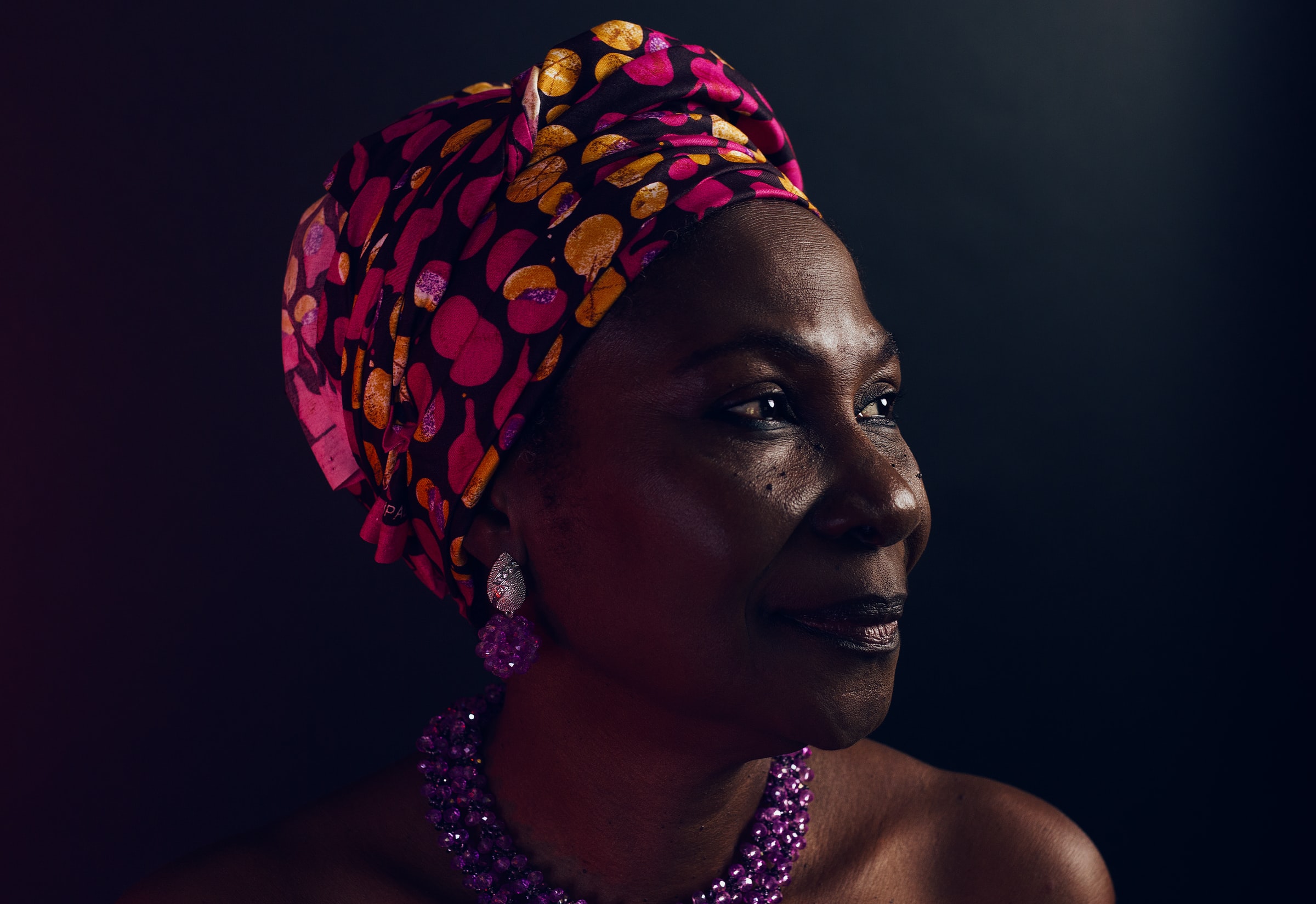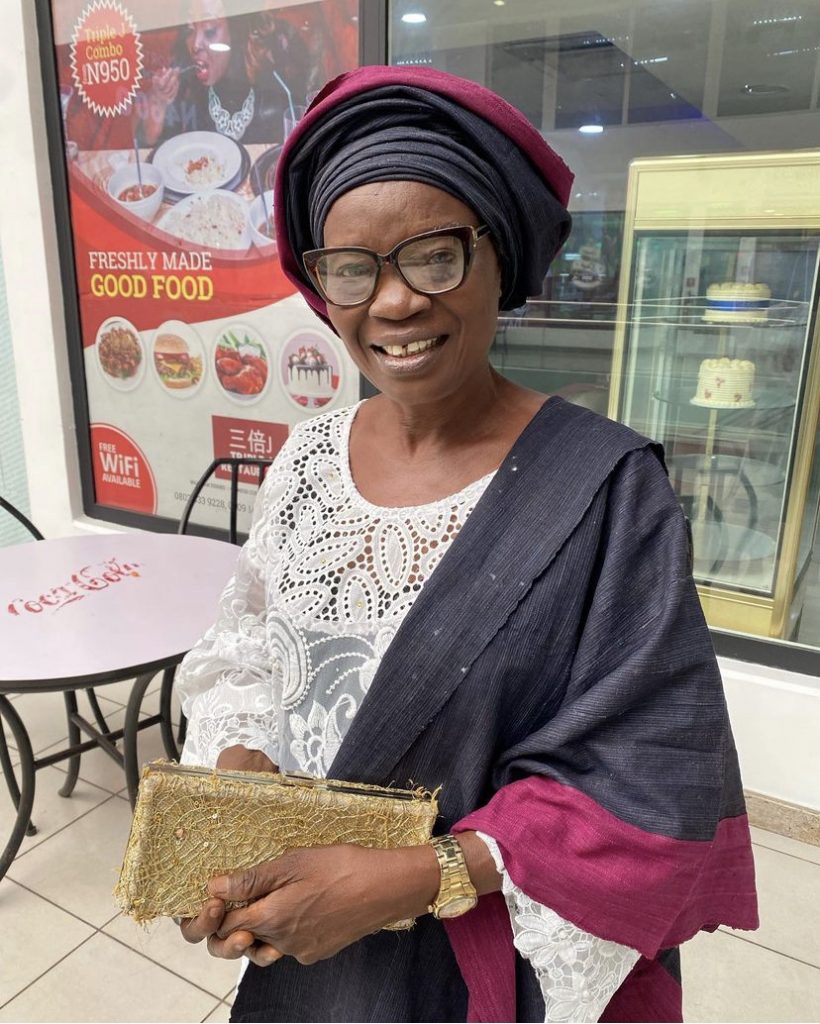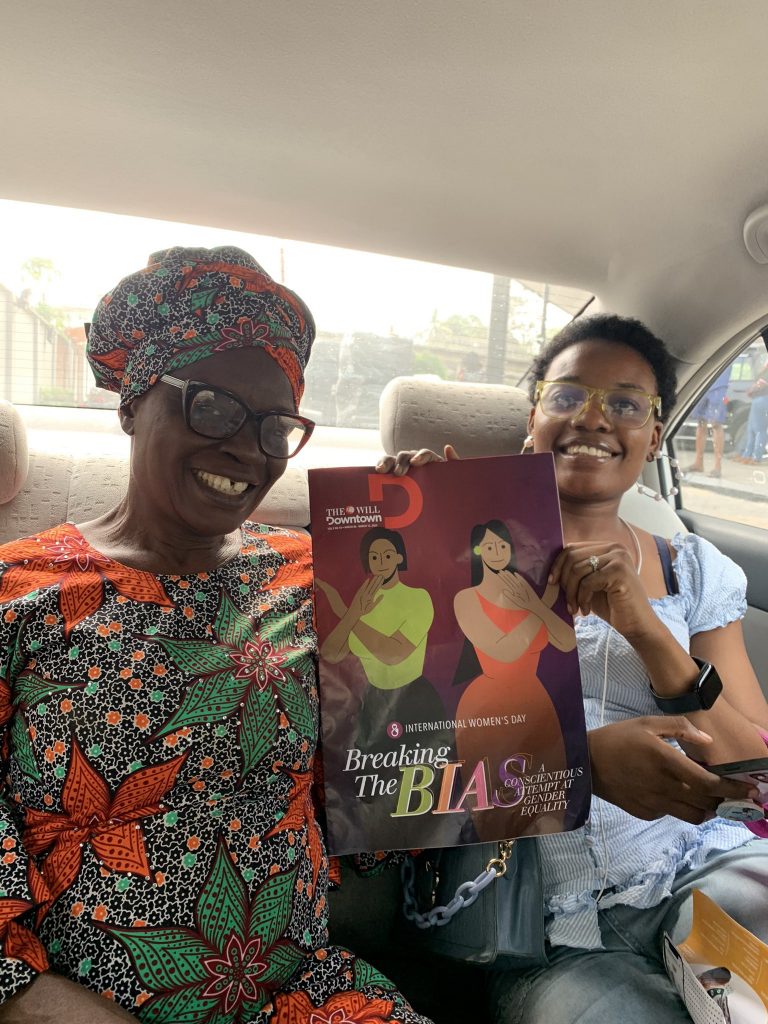
The Growth of Female Breadwinners in Africa
How does having a female breadwinner at home shape you?
The proportion of female breadwinners is rising. According to research by the Office for National Statistics (ONS), Women out-earn male partners in almost a quarter of households. The percentage of households in which the female partner earns more than the male partner has steadily risen from 19.8% in 2004 to 23.3% in 2019 – an 18 per cent rise. But how does having a female breadwinner in the family differentiate from the traditional ideology of the males? Breadwinning mothers continue to be a norm in the U.S. 41 per cent of mothers were the sole or primary breadwinners for their families and in Africa, the number is rapidly increasing in many countries.
While female breadwinners are increasingly common in industrialised societies, breadwinning is the primary role of men in most African societies. But as more access to education for women increases and better-paid jobs are available, the roles are being challenged.
Nearly 38% of households in South Africa are headed by women.
Judge Ketanji Brown Jackson, who is of West African descent and the first black woman to sit on The US Supreme Court addressed the impact of having seen her mother as the breadwinner whilst her dad studied full-time Law.
“We lived on the campus of the University of Miami law school, and during those years, my mother pulled double duty, working as the sole breadwinner of our family, while also guiding and inspiring 4-year-old me.”
In her opening speech at the Supreme Court confirmation hearing, she elaborated on the impact of seeing her mother as a breadwinner at home and how that has influenced what effect she’ll leave on her daughters.
“Talia and Leila. Girls, I know it has not been easy as I have tried to navigate the challenges of juggling my career and motherhood. And I fully admit that I did not always get the balance right. But I hope that you have seen that with hard work, determination and love, it can be done.”
In Lagos Nigeria, a 2019 study on female breadwinning and family stability found interesting responses to the rise of women becoming breadwinners. The 20 responses via interviews track different attitudes.
“I don’t think it is okay. It is stated in the Holy Book that the man should be the head of the house.” said a 34-year-old married man. He elaborated that a female breadwinner at home would disadvantage family life because of the power struggle between husband and wife, which will most likely lead to arguments. The man will feel less than and the effect on his ego will be greater.
Religion and fragile masculinity were used in a lot of answers but a 47-year-old married woman added another perspective. She said “It is good if a female is providing for the family. Nowadays everything has changed. Provision and upkeep are now upon women.”
Attitudes of children in female breadwinning families
The male children in this study maintained they would like to be the breadwinners in their households, even if the wives earn or do not earn income. One male child who grew up seeing his mother as a breadwinner, spoke on the burden of the woman still having to do more housework. “All these affect the woman psychologically, physically, emotionally and sometimes religiously.”
A female child also reflected on disliking her father because she watched him get lazy as her mother struggled with income from her small business. “He is supposed to go out and look for a job, instead of that, he uses his command tone to collect money from my mum, without even asking.” This affected her upbringing.
Kehindé Fagbulė, from Nigeria, credits his mum as an inspiration for him becoming a writer. Speaking to Global Woman Magazine, he reflects on his upbringing challenging the norm and changing the traditional ideologies.

What did your mum do to become a breadwinner?
My mum was a civil servant. Although retired now, she spent 45 years as a teacher in a public primary school. My dad on the other hand is an entrepreneur and so because of that, my mum was getting a steadier pay check as a salary earner. On days when she wasn’t so financially buoyant, she would easily take out loans just to make sure her family was fine.
How were work-life and household life balanced?
Being a teacher, she didn’t have to do a lot of balancing when it comes to work-life dynamics. She would wake up very early in the morning around 4am to make breakfast, then wake her kids up for the daily morning devotion, after which we would all get ready for school, including her. This is the reality of most Nigerian women.
Were there sacrifices that had to be made? Did it affect relationships and domestic life?
As far as sacrifices go, I’m not sure that I am aware of what my mum’s dreams were. However, I knew she always wanted to build a school of her own. Although she tried to put that all together, it never materialised. When you make sure that seven kids get education up to tertiary level, there’s not a lot that you’re left with to pursue your dreams. I think that’s one of the biggest sacrifices she had to make because we all know just how much she enjoyed teaching.
How were childcare and chores managed?
Generally, in Nigeria, childcare is usually a conversation you have with extended family. So as a woman, you either have your mum or mother-in-law over to help you through the first few months after birth. Those who don’t have the luxury of a family member, turn to day-care for help. I think my mum handled everything herself. She is a really strong woman.
What did growing up with a leading woman inspire you to do?
Growing up with a leading woman opened my eyes to see just how overrated biology is when it comes to getting things done. It’s an interesting contradiction that society thinks that women are second-place and are not able to lead but are actually out here running families, and taking care of even the grown men that’s their husbands. Growing up and seeing my mum do all she did, inspired me to lessen the workload for my future wife and be a lot more appreciative of what she does because that was something my dad didn’t do enough of and piled on my mum’s frustrations.
Kehinde has gone on to work on the ‘Breaking The Bias’ issue for International Women’s Day in honour of his mum. This issue from The Will Downtown magazine addressed gender bias and what is being done to correct these errors in Nigeria.







